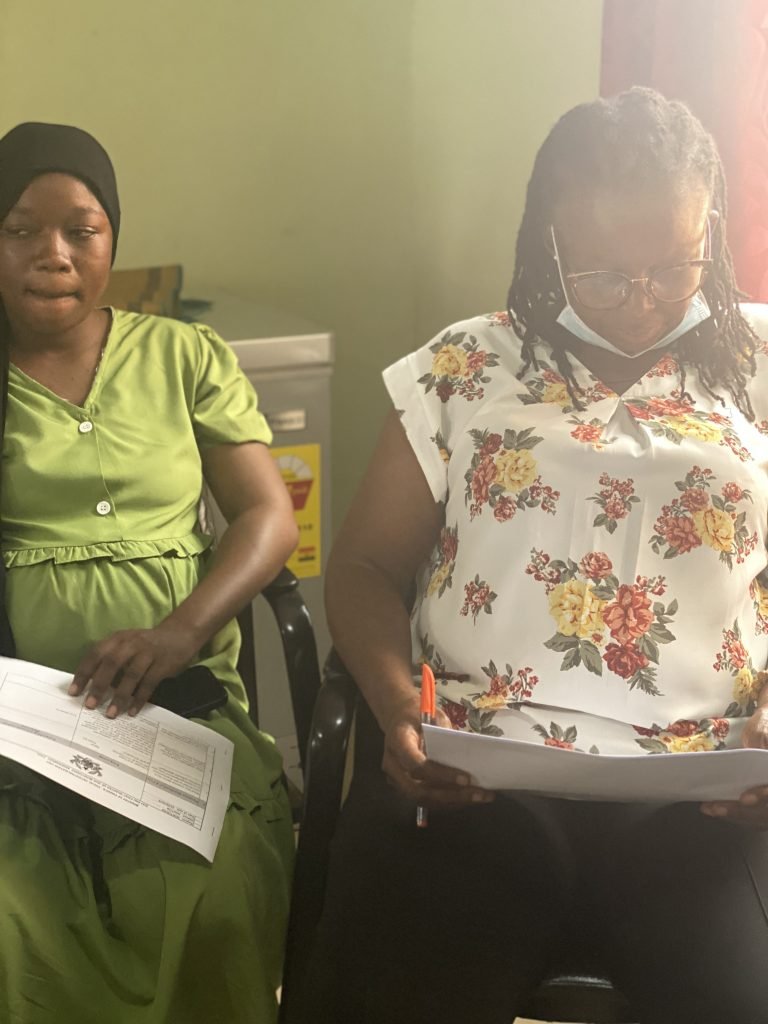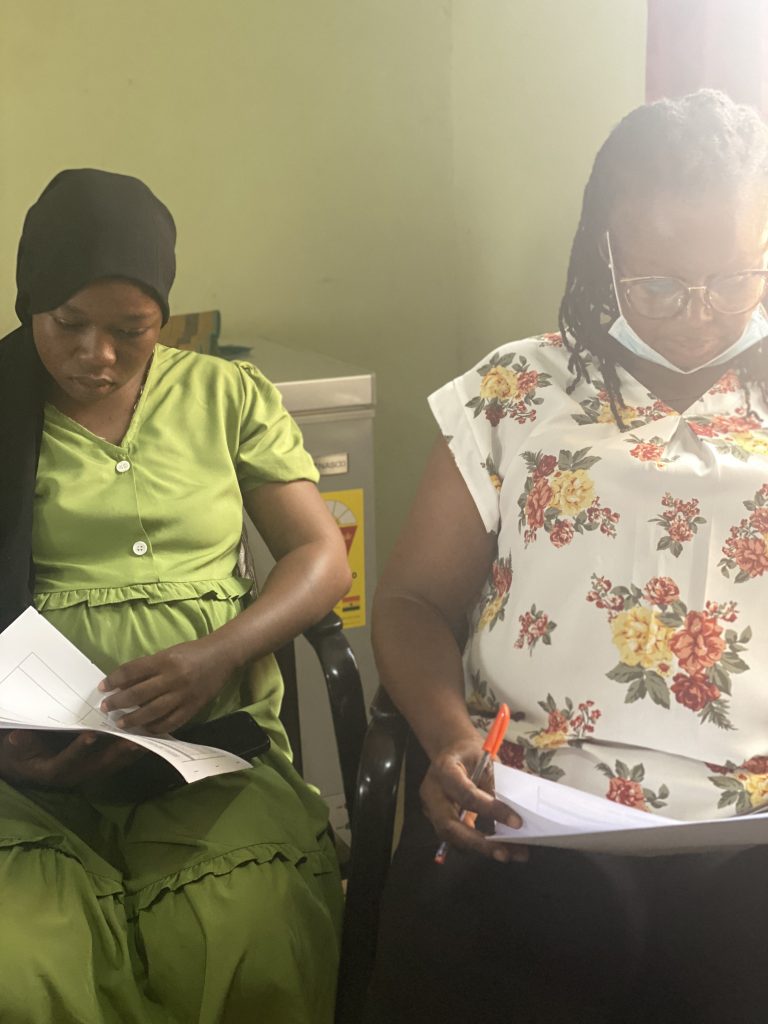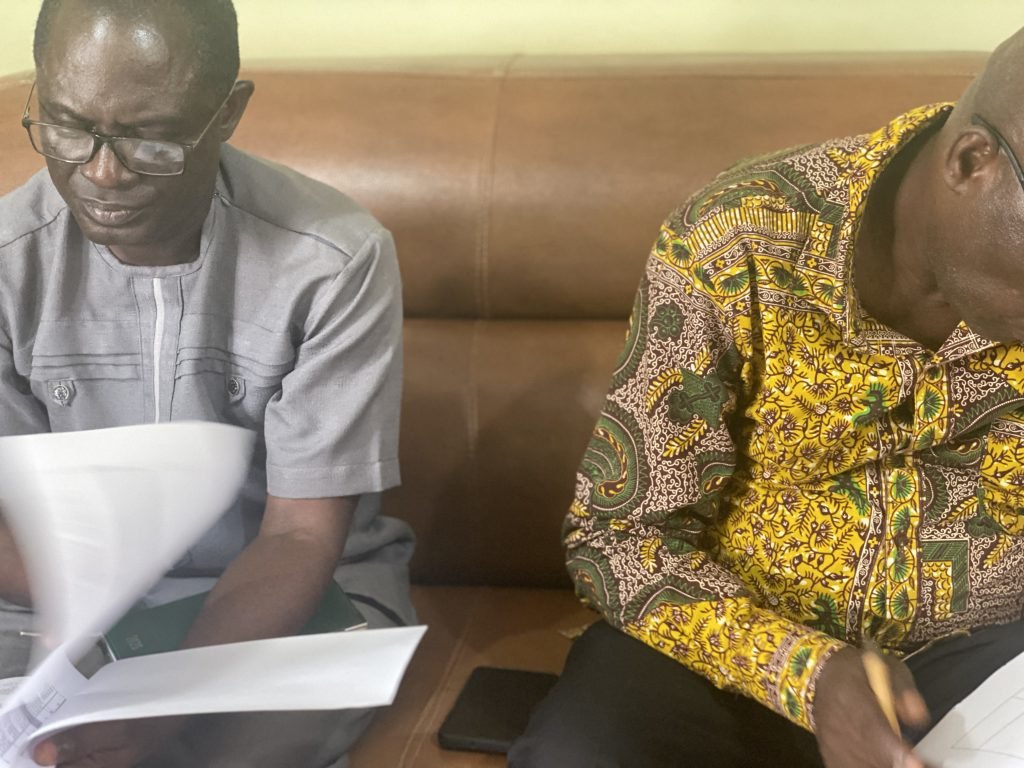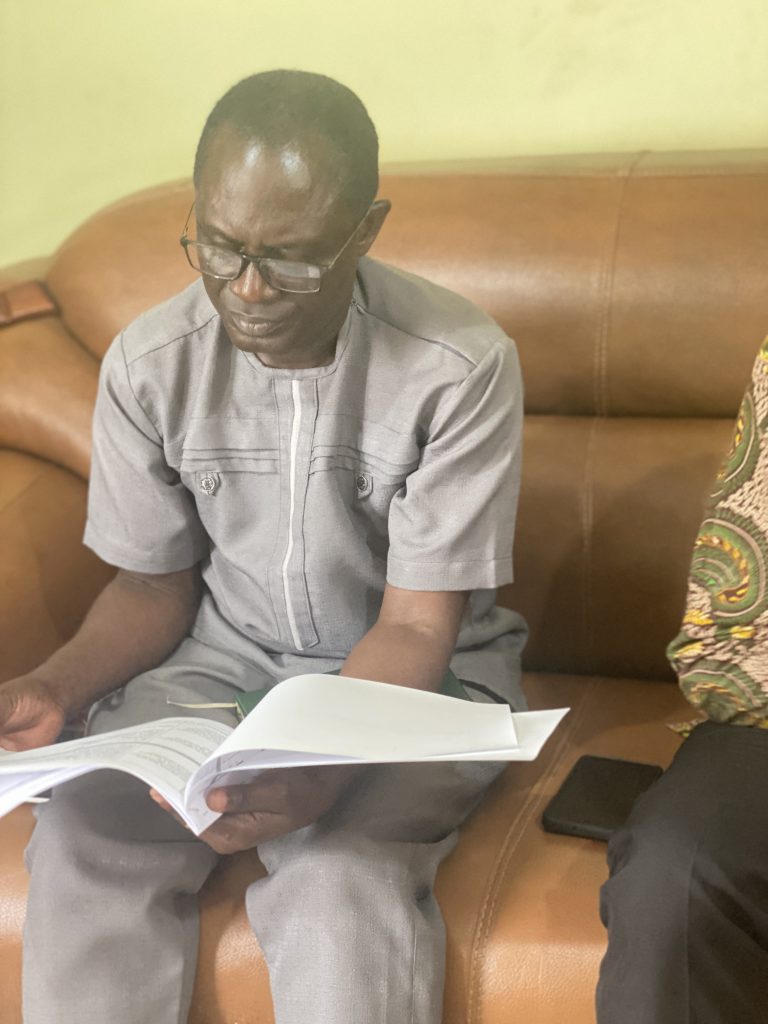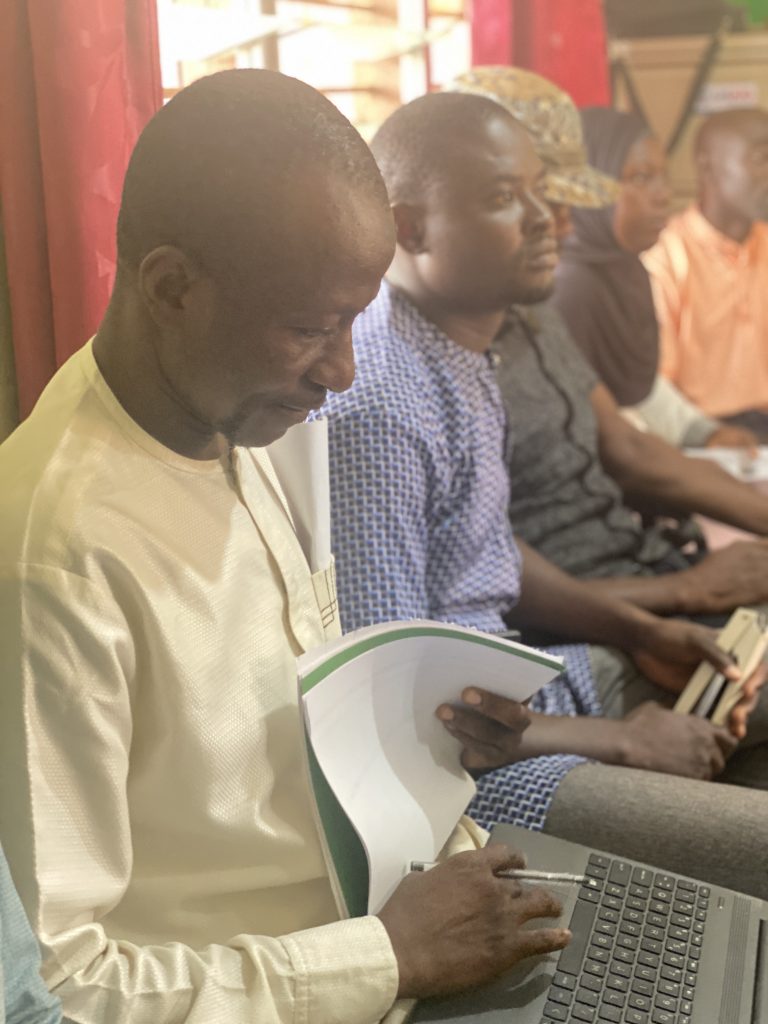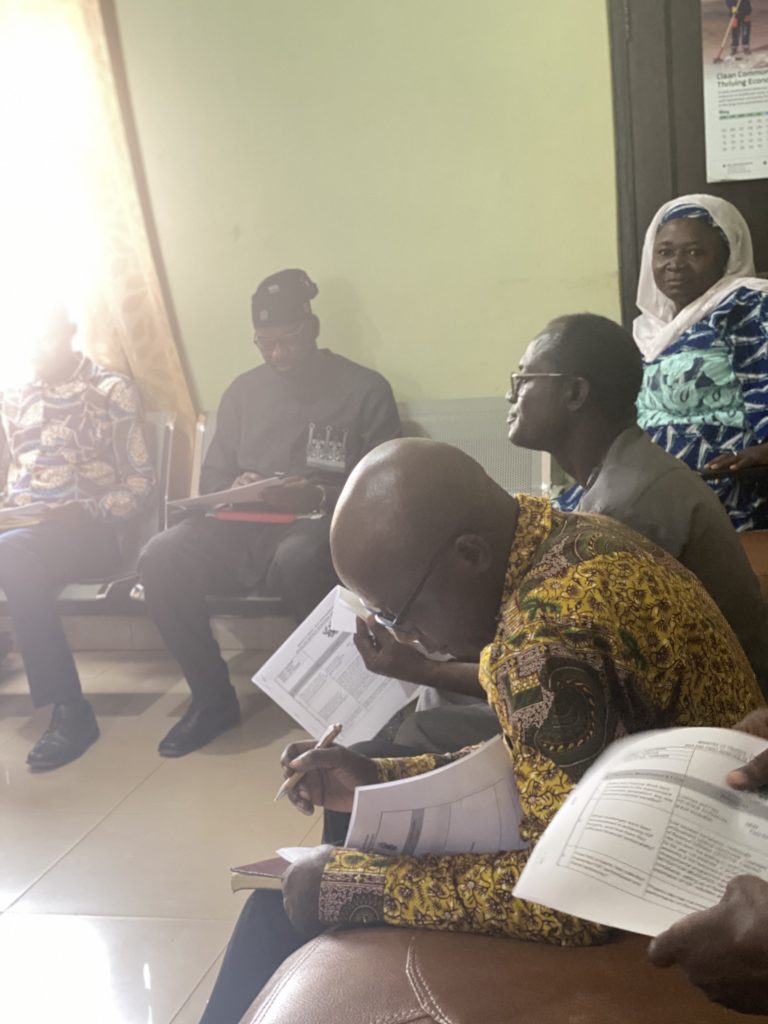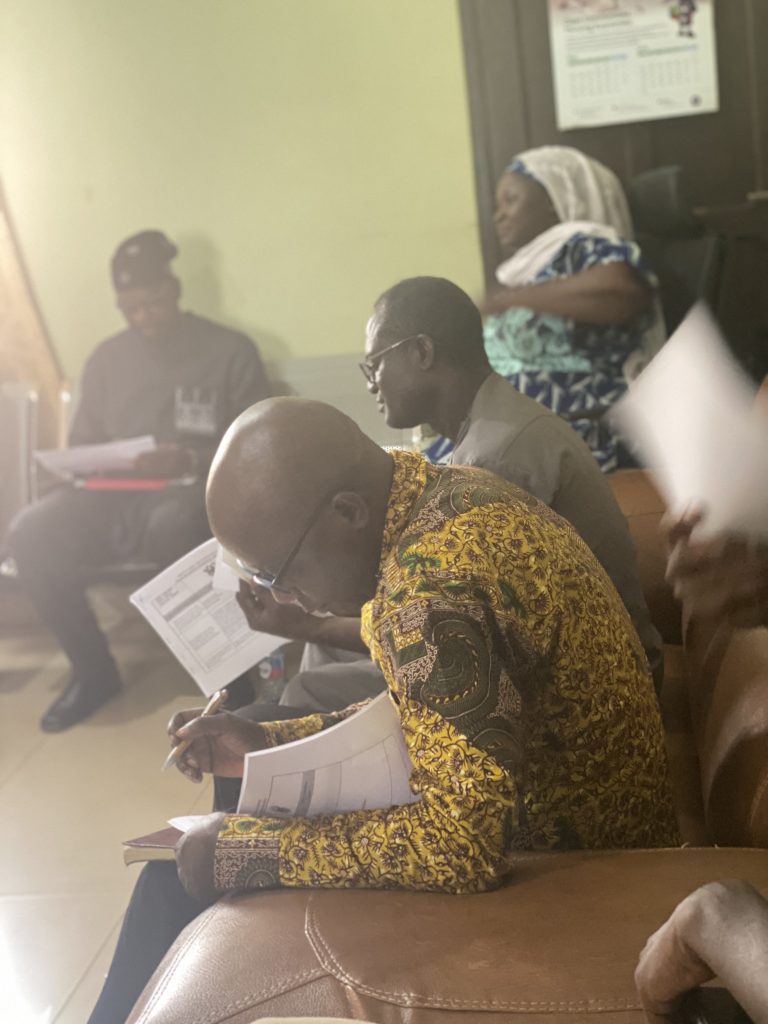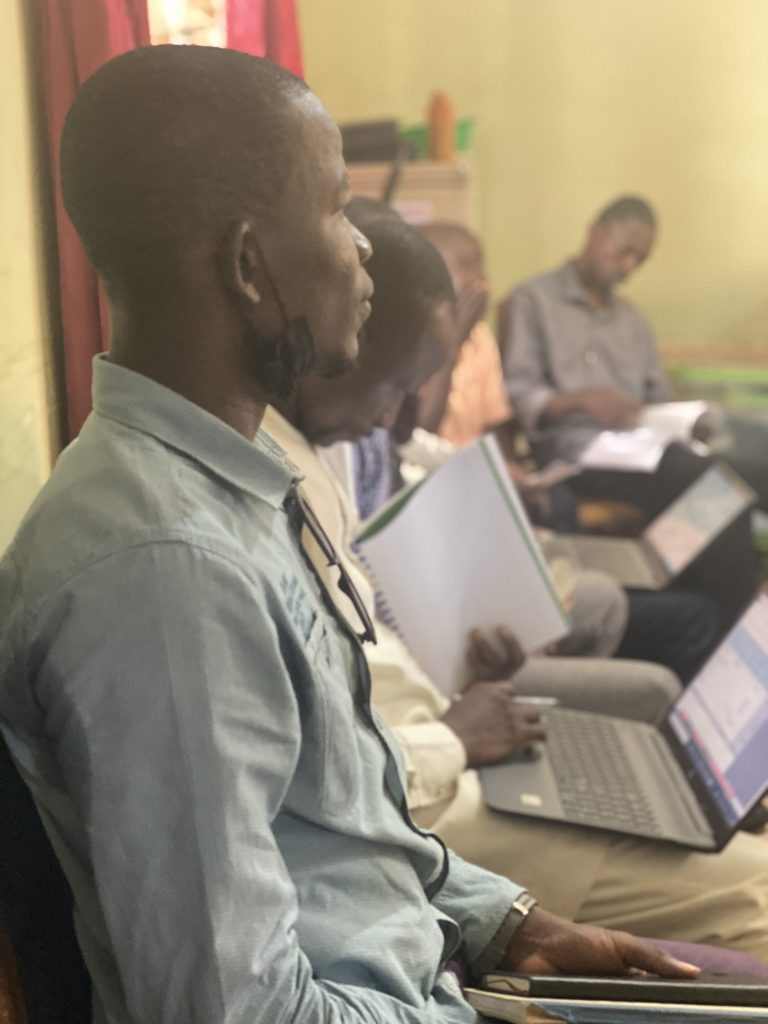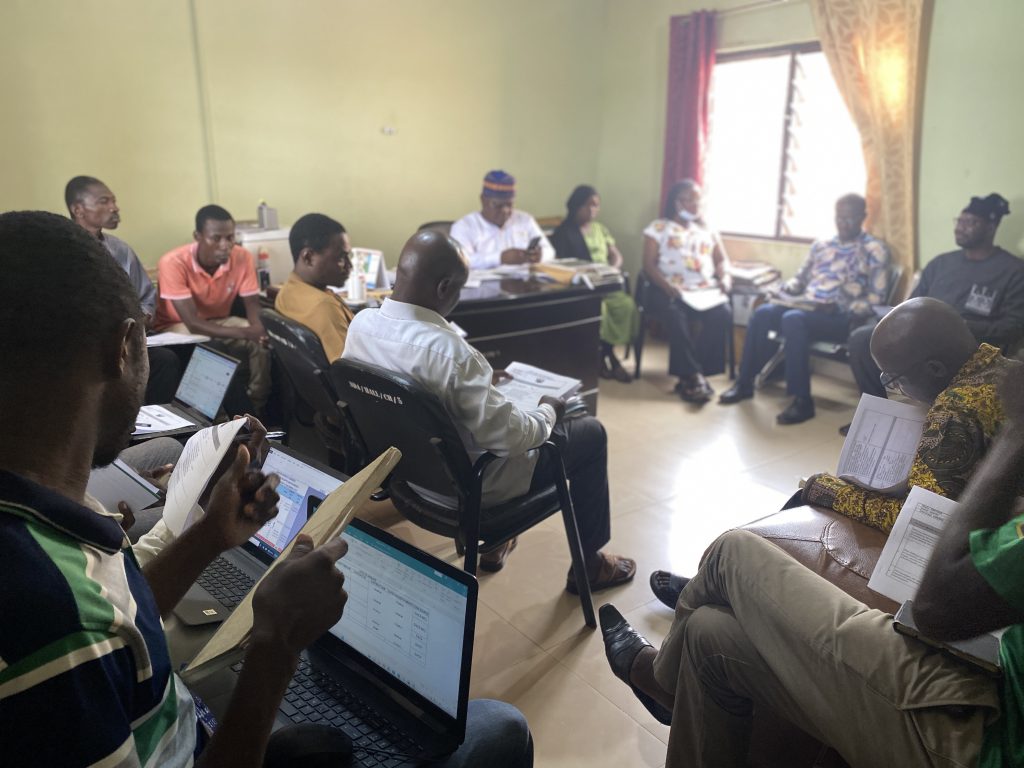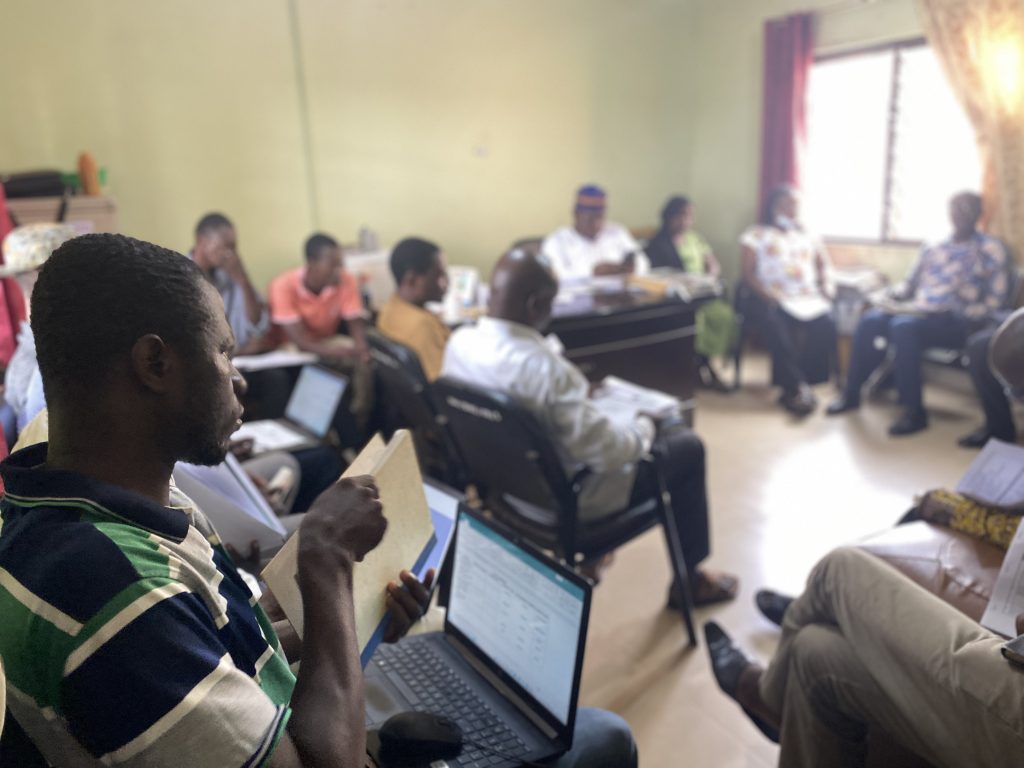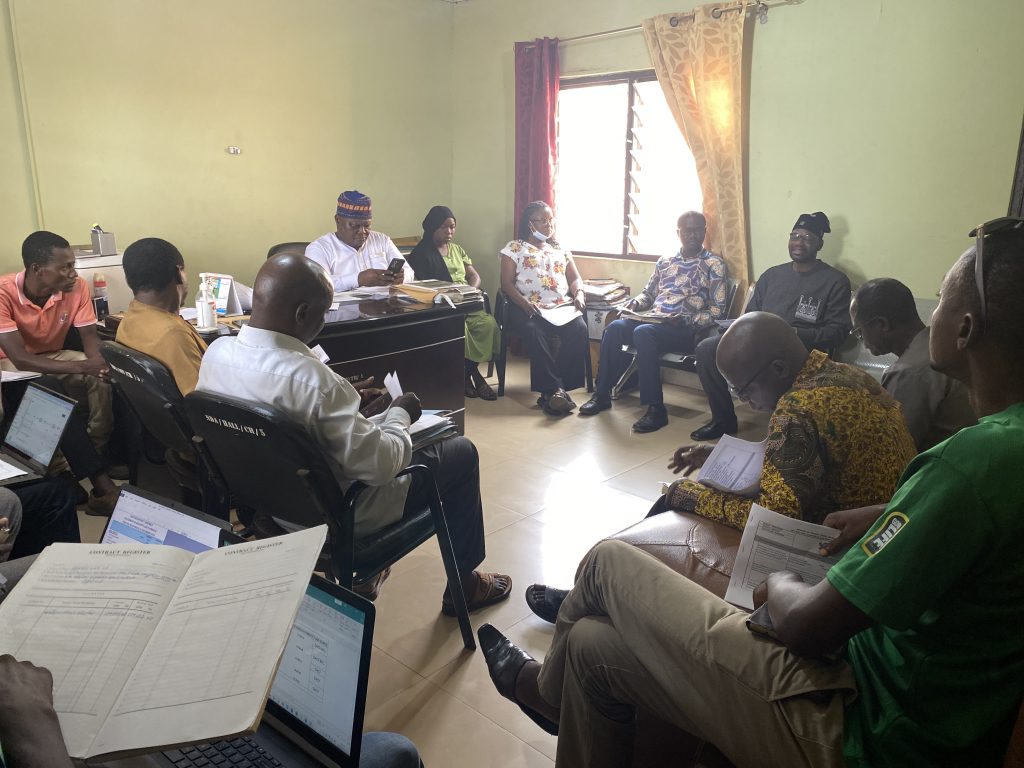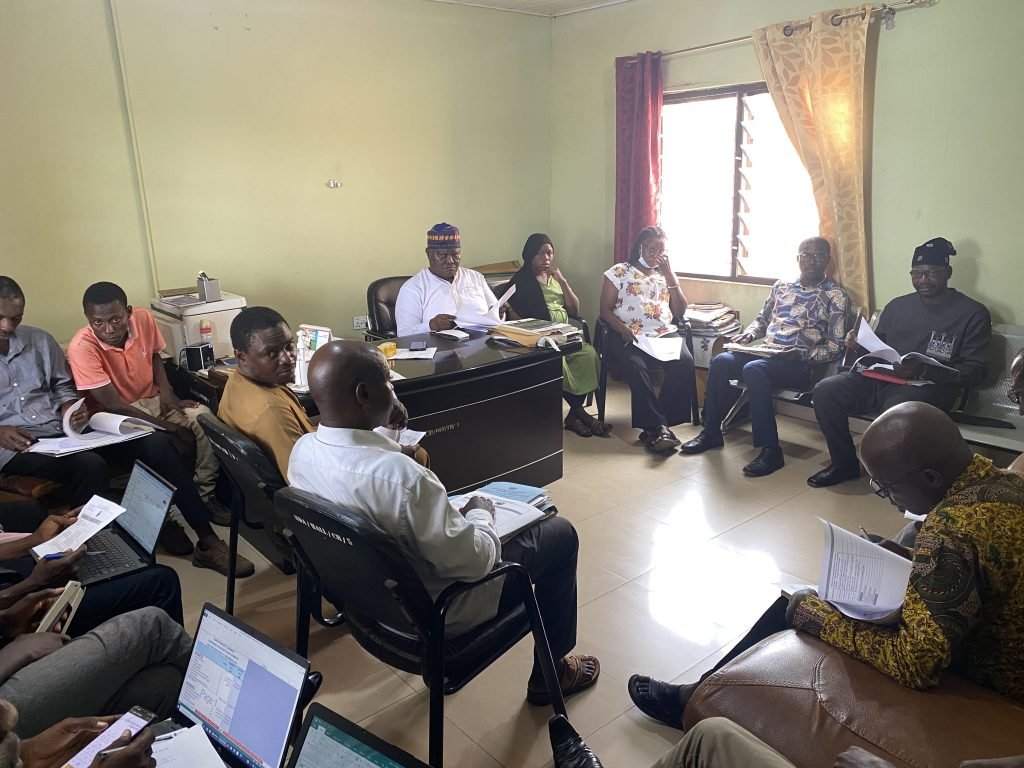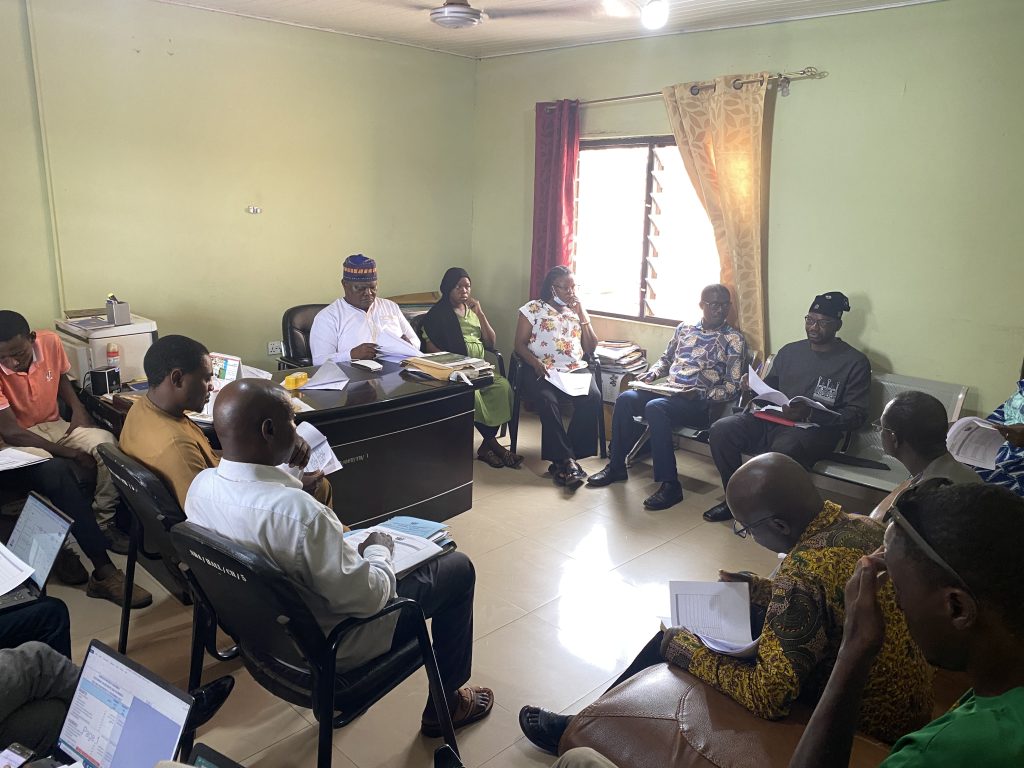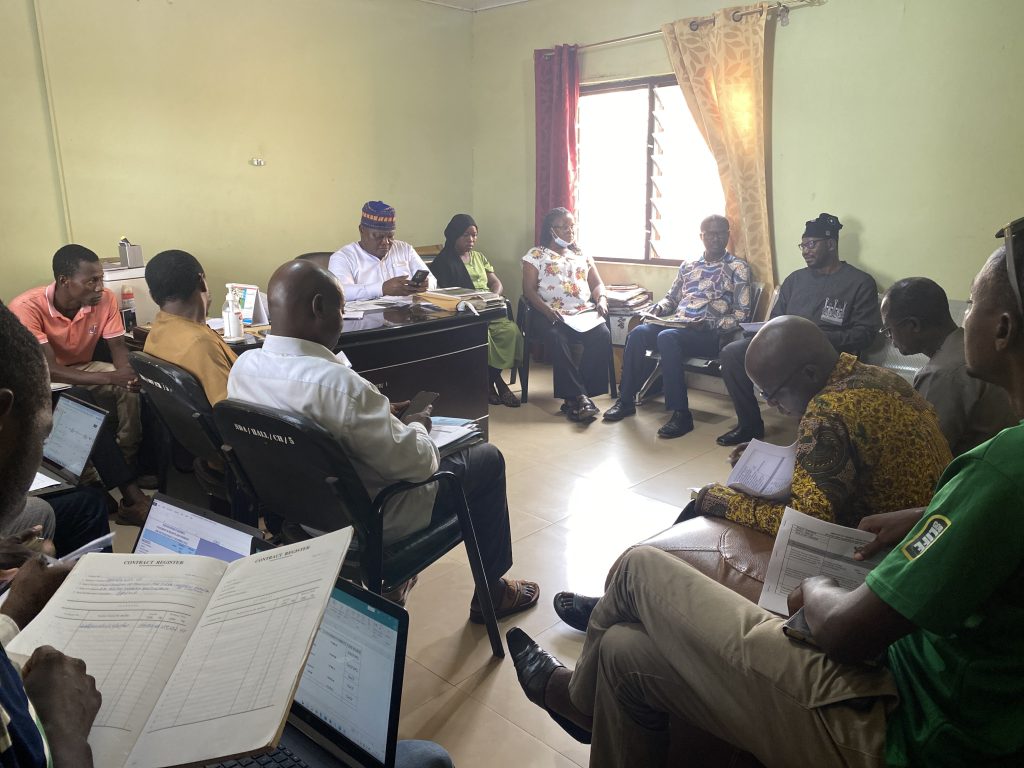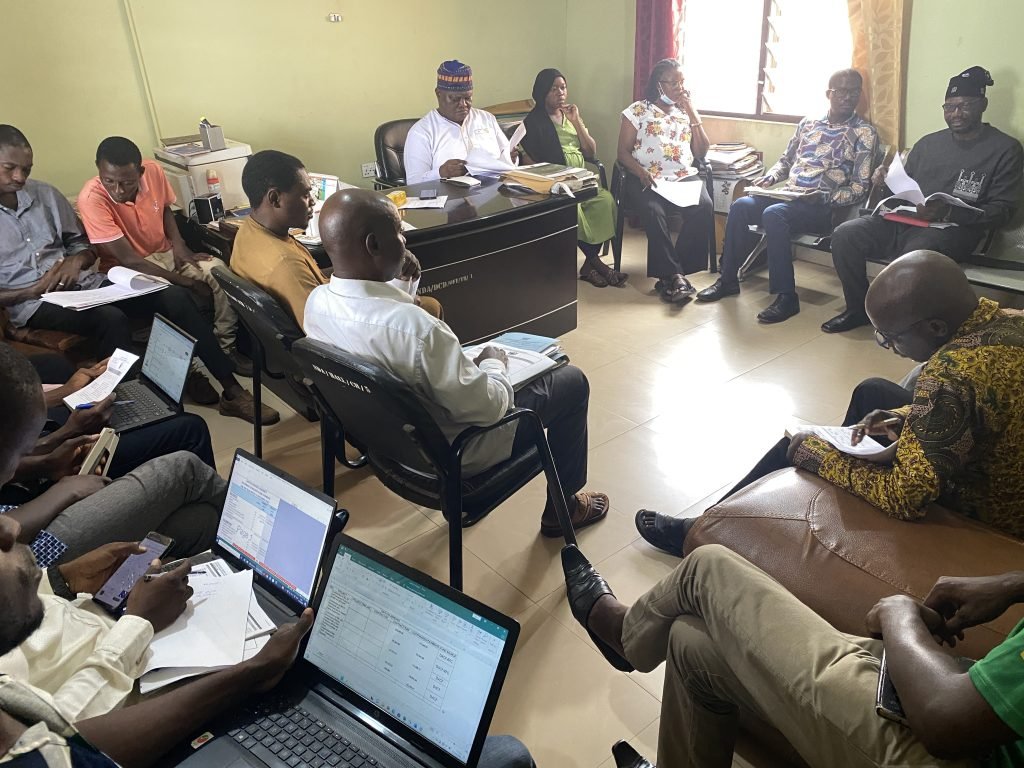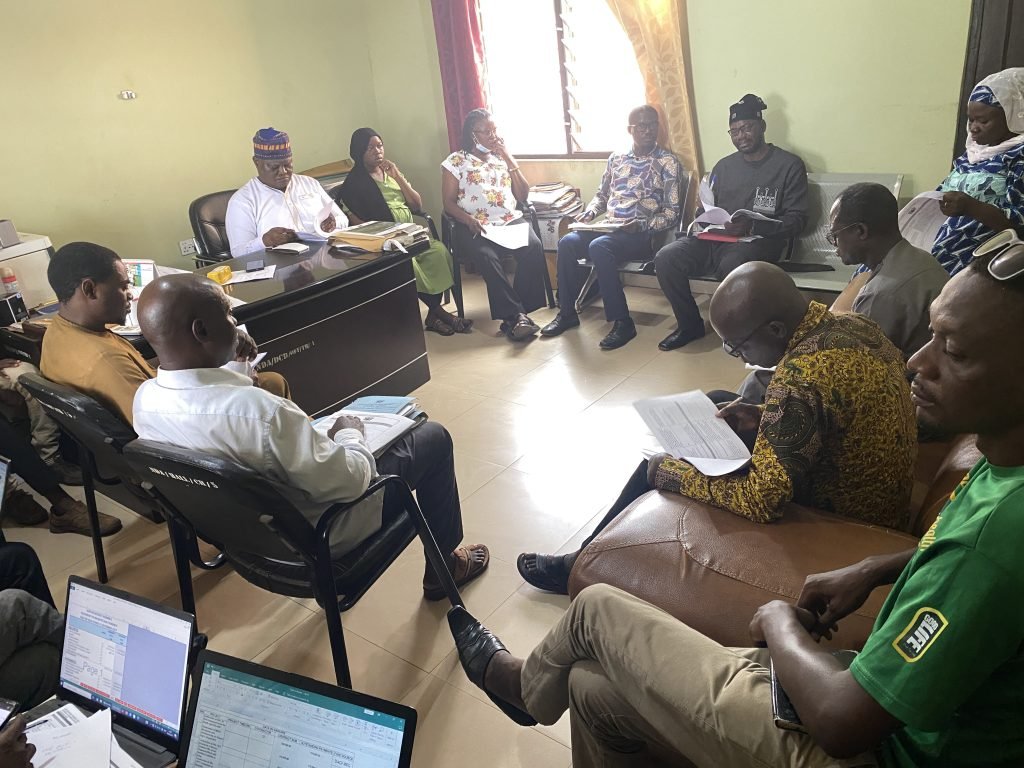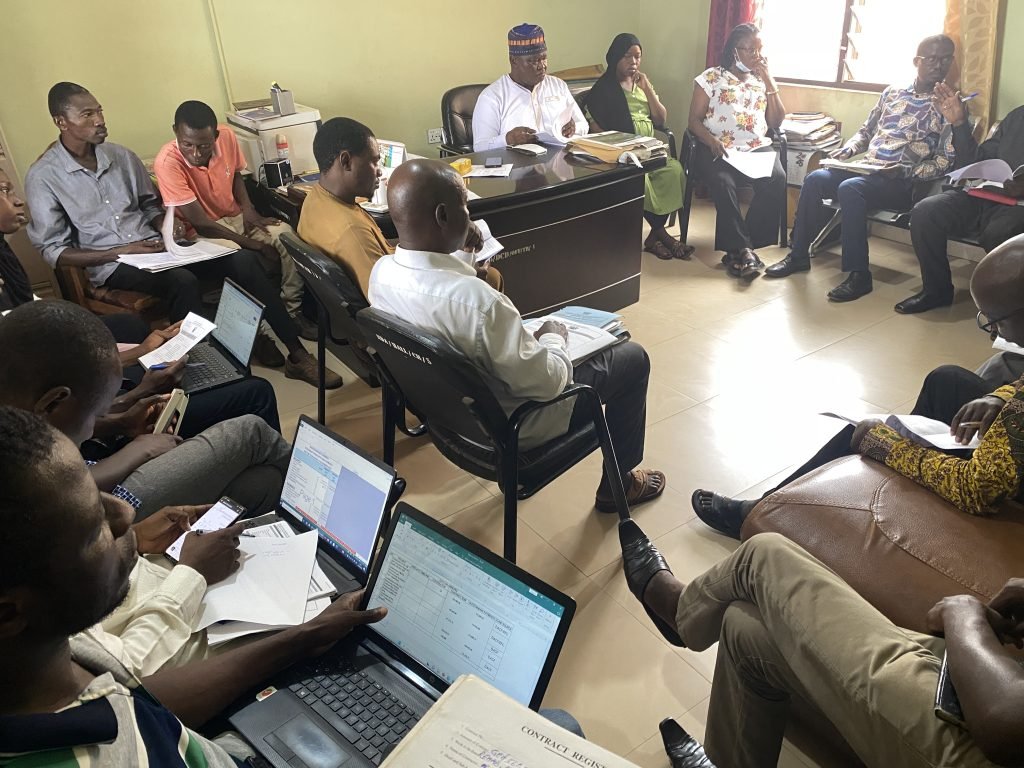The Nanton District Assembly hosted a significant engagement with a monitoring team from the Northern Regional Coordinating Council (RCC) and the Ministry of Finance. The purpose of the meeting was to assess the implementation and progress of the 2024 Composite Budget, as part of ongoing efforts to ensure fiscal accountability and effective service delivery across the district.
This monitoring exercise forms part of the government’s broader framework for decentralization and public financial management reforms, and it brought to the forefront key issues concerning the district’s financial health, project performance, and administrative challenges.
Key Areas Discussed:
1. Revenue and Expenditure Performance
The team examined the district’s revenue mobilization and expenditure trends for the first half of 2024. It was noted that while expenditures were generally aligned with planned activities, revenue performance—especially Internally Generated Funds (IGF)—fell short of expectations. This has implications for local development initiatives that depend heavily on IGF.
2. Project Execution for the Year 2024
The Assembly presented updates on ongoing and completed projects captured in the 2024 budget. Projects related to infrastructure, health, and education were highlighted, with some meeting expected timelines while others faced delays due to logistical and financial constraints. The monitoring team encouraged better project tracking and community engagement to enhance impact.
3. Challenges with IGF Generation
A major point of concern was the continued challenge of mobilizing adequate IGF. The Assembly cited limited economic activities, inadequate compliance, and poor enforcement mechanisms as some of the reasons behind the low revenue base. The team recommended innovative strategies such as digital revenue tracking and public sensitization campaigns to improve IGF collection.
4. Sanitation, Solid and Liquid Waste Management
Sanitation remains a critical challenge in the Nanton District. The discussion emphasized the need for more coordinated waste management systems, community education, and investment in infrastructure for both solid and liquid waste disposal. The monitoring team urged the Assembly to collaborate more with private partners and NGOs in managing waste sustainably.
5. GIFMIS App Challenges
Technical difficulties with the Ghana Integrated Financial Management Information System (GIFMIS) were raised. The Assembly noted issues with system access, network downtimes, and delays in approvals. These challenges often hinder timely financial reporting and fund releases. The team from the Ministry of Finance promised to escalate the concerns to the appropriate authorities for prompt resolution.
6. Managing Financial Risks in the District
Finally, discussions touched on strategies for mitigating financial risks at the local level. The team emphasized the importance of internal controls, timely reporting, regular audits, and capacity building for finance staff. The use of financial risk assessment tools and contingency planning was also encouraged to strengthen the Assembly’s resilience.
Conclusion:
The monitoring visit was productive and underscored the need for enhanced collaboration between local authorities and central government bodies. The Nanton District Assembly reaffirmed its commitment to improving financial management practices and accelerating development within the district. The Assembly appreciates the insights shared and looks forward to implementing the recommendations to better serve its constituents.
